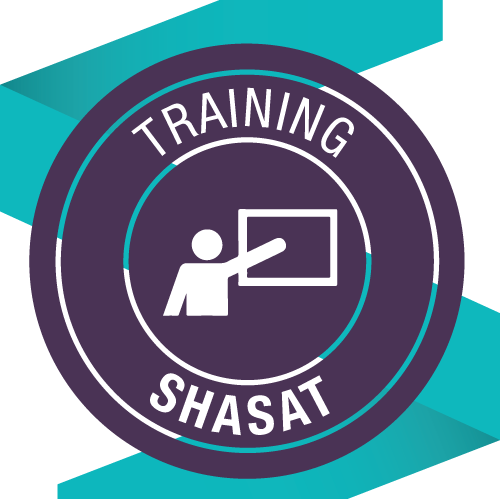These public sector accounting standards set out recognition, measurement, presentation and disclosure requirements dealing with transactions and events in the general-purpose financial statements of all public sector entities.

These public sector accounting standards set out recognition, measurement, presentation and disclosure requirements dealing with transactions and events in the general-purpose financial statements of all public sector entities.
The accrual and cash basis accounting requirements are inspired by the International Financial Reporting Standards (IFRS) issued by the IASB but also deal with accounting issues that are specific to the public sector.
This ensures that organisations in the public sector that adopt accrual/cash basis accounting have financial reports that are consistent and comparable with the private-sector entities and at the same time also benefiting from guidance and interpretation for specific public-sector issues such as revenue from non-exchange transactions, presentation of budget information in the financial statements etc.
Lessons learned from the sovereign debt crisis and the increasing pressure on governments and public sector organisations to better manage public resources, have made a global case for action, highlighting the need for more transparent, consistent and globally comparable financial reporting in the public sector.
Accrual accounting is now being adopted by a large number of public sector entities all over the world. International organisations have been at the forefront of the move towards accrual accounting, but the trend is also clear for governments, with an increasing number of them adopting accrual accounting practices with public sector accounting serving as a reference point.
In Europe, the European Commission is conducting a project to develop European Public Sector Accounting Standards (EPSAS) with Public Sector accounting requirements as a reference point.
Key Features Of The Workshop:
Shasat is a UK based global training organisations. Shasat offers over 300 public and 150 in-house training courses every year in more than 70 cities in six different languages covering a wide range of topics such as IFRS, US GAAP,UK GAAP, IPSAS, Risk Management, Insurance, ESG, Regulatory update, Anti-Money Laundering and a range of professiional development programmes.
We have trained professionals from large private and public sector organisations including governments, making our faculty one of the most experienced and knowledgeable professional faculties.
So far, we have trained professionals from the central banks, big six accounting firms, professionals from finance ministries, large investment and retails banks, public sector organisations (such as WTO, NATO, Interpol, World Bank to name a few), corporate finance teams and many other financial & non financial institutions.
We are proud to work together with our world renowned partners. Visit the Page.https://shasat.co.uk/ifrs-training-courses/
© 2025 coursetakers.com All Rights Reserved. Terms and Conditions of use | Privacy Policy